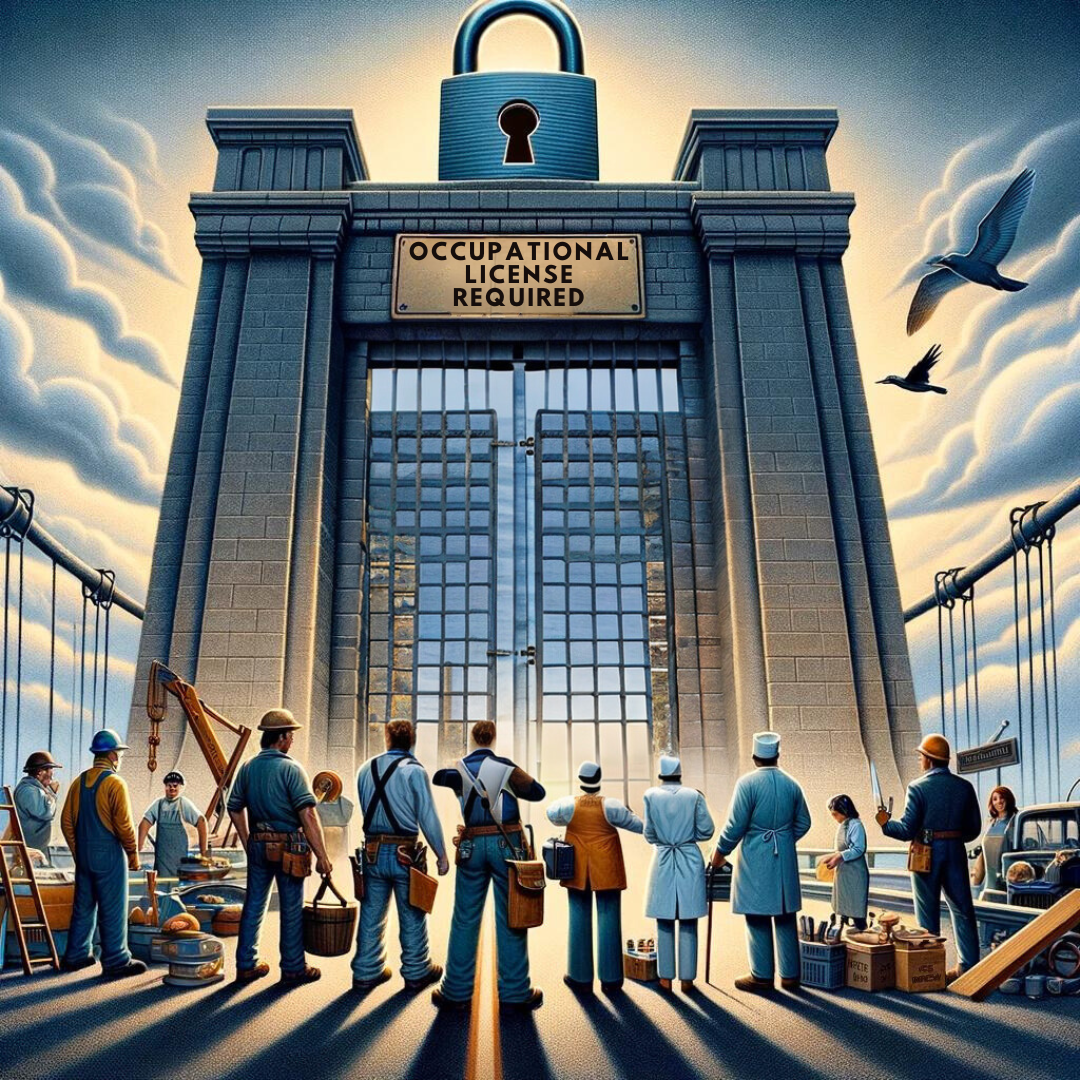South Carolina Boeing workers reject union
When Boeing first announced it would build a second production line of the 787 Dreamliner in South Carolina instead of Washington, elitists from around the country weren’t shy about expressing their view that workers in the south were less intelligent and less capable than their more evolved counterparts here.
The union that represents Boeing workers, International Association of Machinists (IAM) made it clear they did not believe South Carolinians were up to the task of building planes.
And who can forget the outrageously disparaging editorial penned by a Chicago labor attorney and published in The Wall Street Journal calling Boeing’s move a “harbinger of quality decline.” That author dramatically declared the move “a threat to the economic security of this country,” and informed readers they should be “aghast” that Boeing “wants a less-skilled, lower-quality work force.” He went on to characterize South Carolina workers as “poorly educated,” “low-skill” and “unable to compete,” but sought to soften the blow by explaining it wasn’t their fault as they are simply products of that state’s “inferior schools.”
Turns out those South Carolinians are much smarter than elitists gave them credit for—last week Boeing workers in that state overwhelmingly rejected the union that at first ridiculed South Carolina workers for not being smart enough to build planes, and then sued to shut them down and force their jobs back to Washington.
The 74% vote against the union is a major defeat for labor executives who have been determined to replicate the unionized work-force that has pushed Boeing from the forced-unionism state of Washington and into right-to-work South Carolina.
Under the representation of the IAM union, Boeing workers in Washington went on strike three times in 13 years, shutting down production lines and leaving the company unable to meet order deadlines. Considered one of the most expensive strikes in history, the last of the three strikes was in 2008, when 27,000 International Association of Machinists and Aerospace Workers walked off the job. That two-month strike, in the midst of the Great Recession, cost Boeing more than $2 billion.
Then Boeing CEO Jim McNerney warned, "We believe this track record of repeated union work stoppages is earning us a reputation as an unreliable supplier to our customers, who ultimately provide job security by buying our airplanes.” Shortly after, Boeing announced it would be siting a second production line of the 787 in the right-to-work state of South Carolina.
According to a 2009 consultant’s report, the “frequency and high costs of work stoppages, fairly or unfairly, reflect negatively on Washington” in attracting aerospace work. That is evident in the fact that aerospace job growth in Washington increased just 18% between 2007 and 2012, compared to a staggering 613% in South Carolina.
As a former CEO of aerospace company Vought Aircraft Industries explains, his decision to locate that company’s facilities in South Carolina in 2004 (which were ultimately sold to Boeing) was driven primarily by the state’s right-to-work law and the goal of “avoiding unions.”
He said that despite the aerospace tax breaks passed in Washington state to secure the first 787 final-assembly line, he didn't even consider Everett for the fuselage-section plants that ended up in South Carolina.
"I would still have been facing a union environment, and I did not want that. A lot of our business case was based on what the labor rates would be. That was why I never wanted to go to the Northwest…It just wasn't on our radar."
This is precisely why I was happy to accept an invitation to recently testify in support of SB 5692, which would make Washington the 29th right-to-work state.
During my testimony, I referenced the numerous studies showing states with right-to-work laws attract more new business than non right-to-work states. Professional site consultants say a RTW law is one of the most important factors companies consider when deciding where to build major facilities—half of manufacturers automatically screen out any non-RTW state. The comments from the former Vought CEO are simply more real-world evidence of this reality.
Last week’s vote sends a strong message that Boeing workers in South Carolina very clearly understand their advantage over their Washington counterparts.







